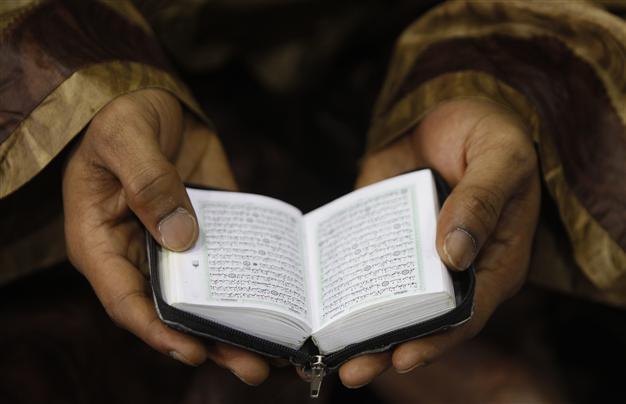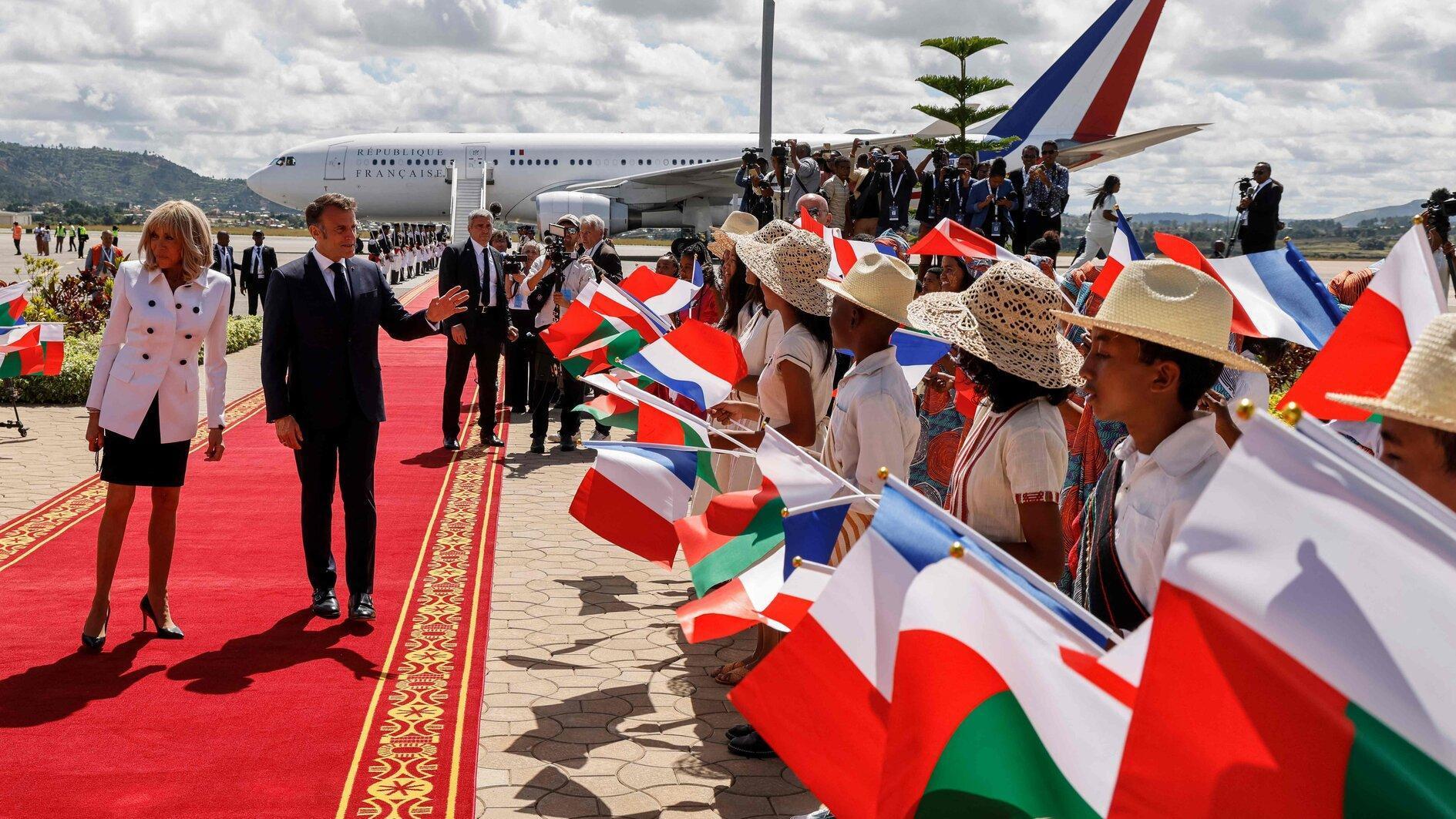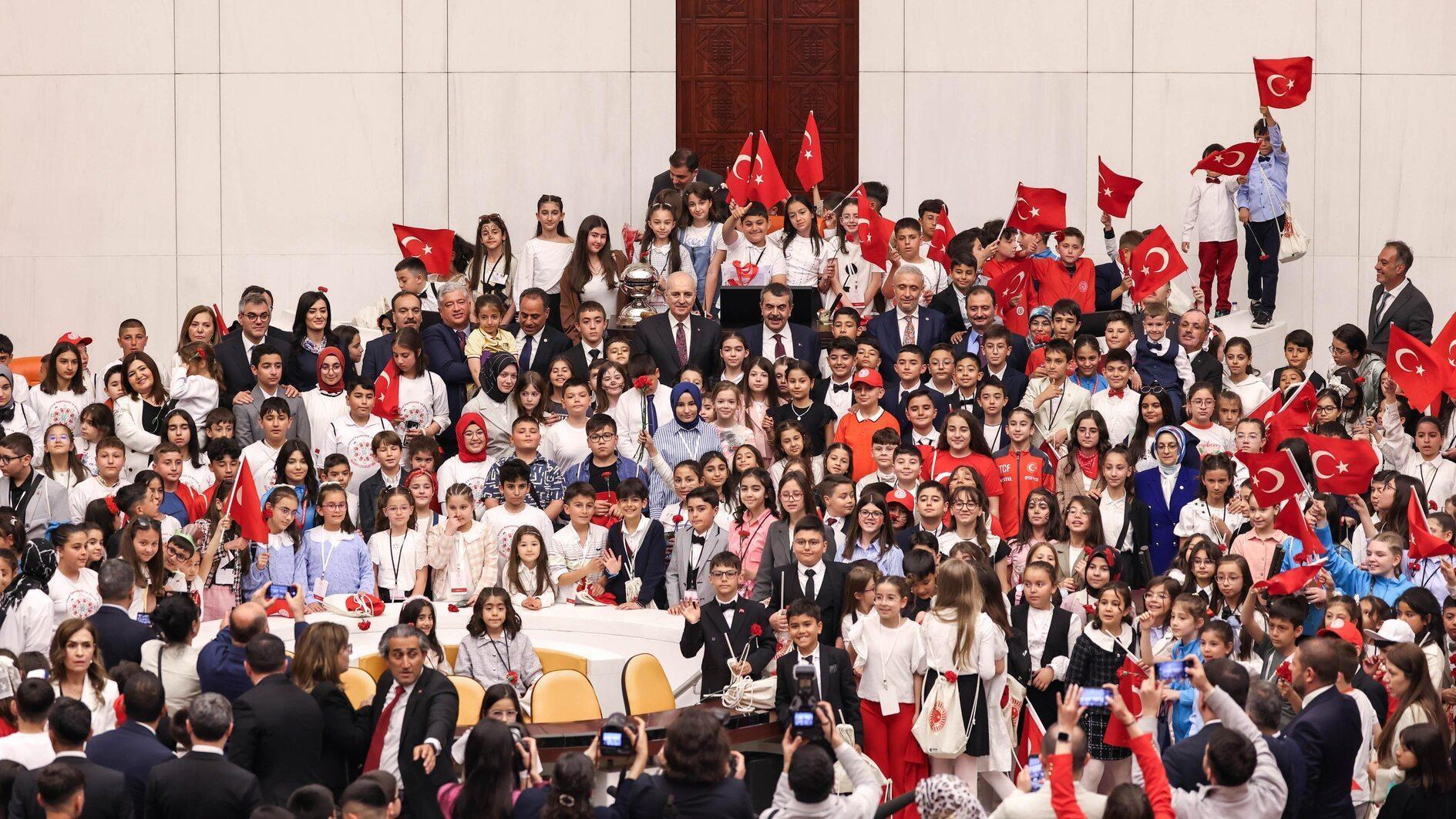Greek Muslims say denied religious rights
ATHENS - Agence France-Presse

A Muslim man reads a Koran during a prayer to celebrate the first day of the Muslim holiday of Eid-al-Fitr in an indoor hall of the Olympic Complex in Athens August 19, 2012. REUTERS photo
Muslim elders in Greece on Friday deplored the state's longstanding neglect of their religious rights, with one leader calling conservative Prime Minister Antonis Samaras a "racist" for his views on immigrants."We live in a country where our prime minister is a racist," said Naim El Gadour, chairman of the Muslim Union of Greece.
"During the election campaign, he said that immigrants are invaders, that we had invaded Greece," he told a conference in Athens.
Samaras has pledged to crack down on undocumented migration which he termed "an unarmed invasion" prior to his election in June.
There are around 500,000 Muslims in Greece -- many of them undocumented migrants -- including a community of over 100,000 Greek citizens of Turkish origin in the country's northeast.
The conference on Friday discussed the low-budget anti-Islam film "Innocence of Muslims" that has caused a backlash of violence worldwide, spreading to 20 countries and leaving more than 30 people dead.
El Gadour said the film was "disrespectful" to 1.8 billion Muslims around the world and was being "used" against Islam.
But Greece's Muslims said they have other concerns closer to home.
There is an alarming increase in beatings and intimidation of immigrants, particularly after the political rise of Golden Dawn, a formerly fringe neo-Nazi group that recently elected 18 lawmakers to parliament.
"This repression is very dangerous," El Gadour said.
And despite years of promises, successive Greek governments have failed to provide thousands of Muslims in Athens with a mosque.
In the absence of a sanctioned site, Muslims in Athens "pray in run-down buildings and parking lots," said Julie Jalloul, a journalist with Greek Arab-language portal Alyunaniya.com.
El Gadour said the community had no option but to sue the Greek state.
"Recourse to justice is the only option," he said, suggesting that money earmarked for the project had inexplicably disappeared.
"Some 15 million euros ($20 million) had been set aside by the Greek education ministry in 2006 but now the money does not exist," he said.
















